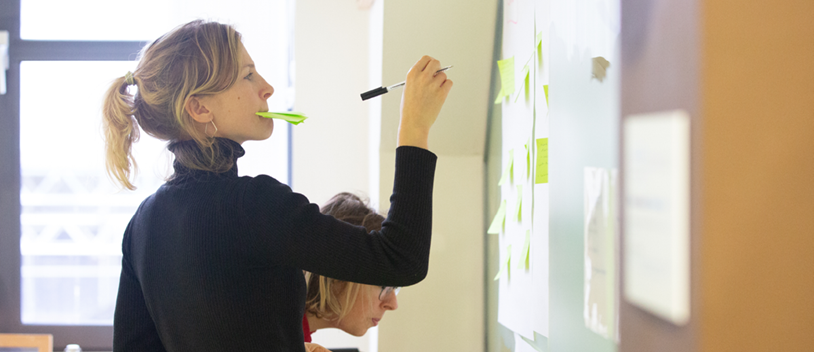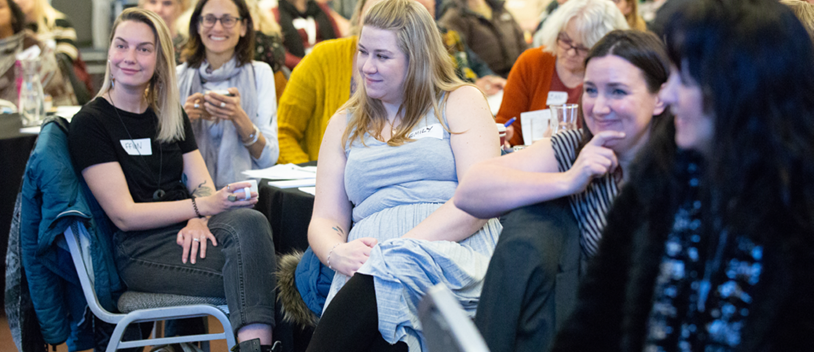This toolkit was funded through the Women Side by Side programme. The programme funded self-help and peer support groups in the women’s and mental health sectors. These groups were for women who’d experienced:
- Gender-based violence and abuse
- Drug and alcohol use
- Mental health issues
This toolkit is for you if:
- You’re interested in thinking through the power dynamics and growth opportunities for group members
- You’d like to understand the specific needs of people with experience of trauma and abuse
Trust
Learn why trust matters in peer support, how to establish trust, and encouraging healthy relationships.
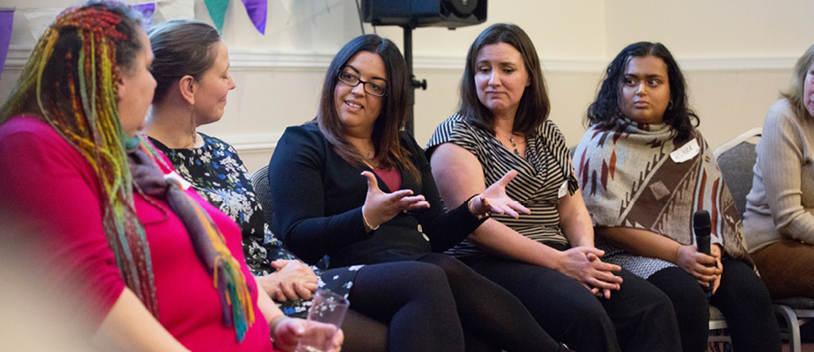
Peer support in Wales
Learn about peer support in rural isolation, and the importance of the Welsh language.
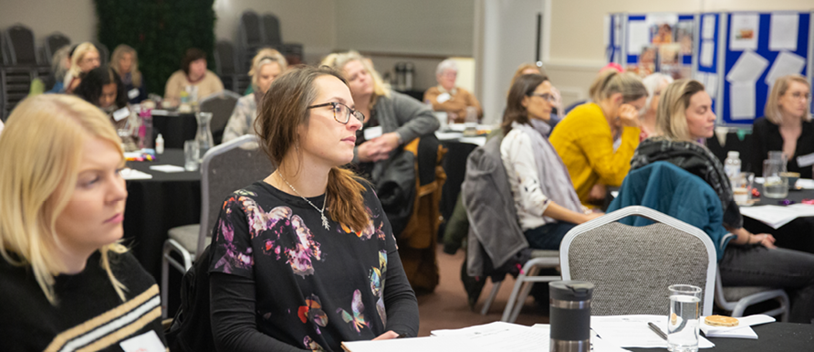
Language
Understand the power of language and how to discuss language in your women's peer support group.
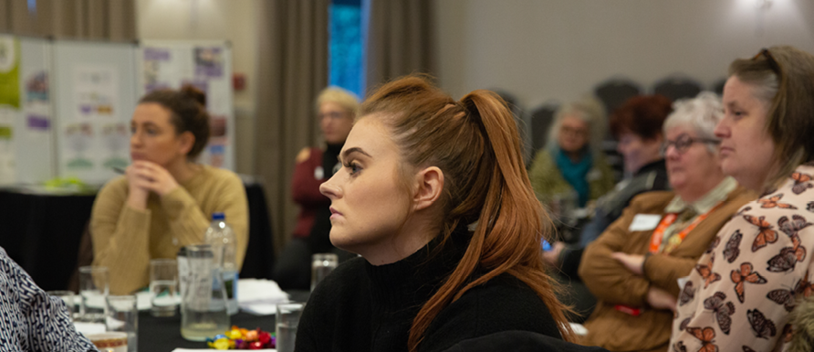
Leadership
Read info on why leadership's important for women, nurturing leadership skills, and recognising leadership qualities.
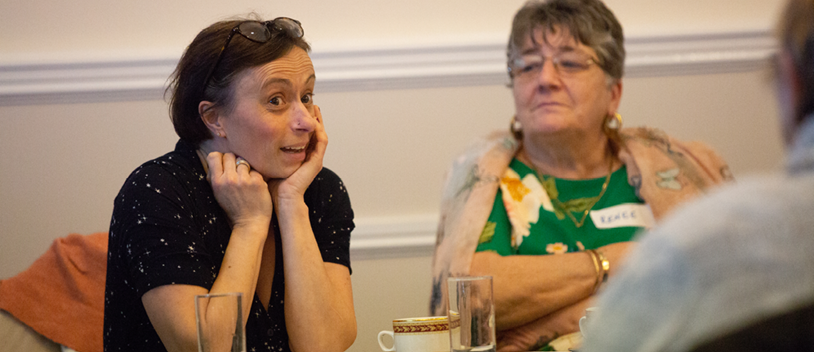
Networking
Read about the benefits of learning events, and how to improve networking for your peer support group.
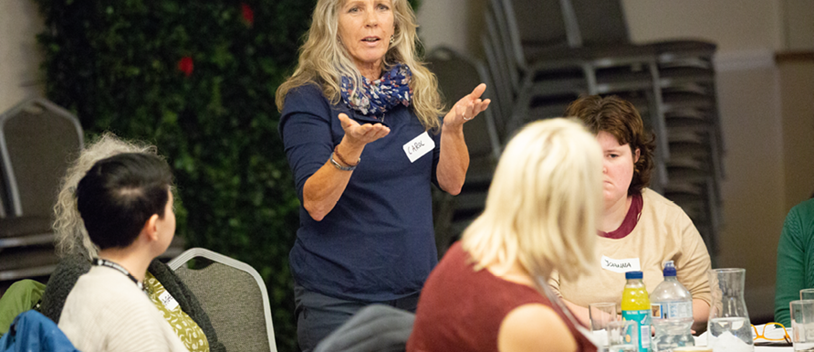
Online peer support
Read about the different types of online support, safety and trust online, and top tips for online facilitators.
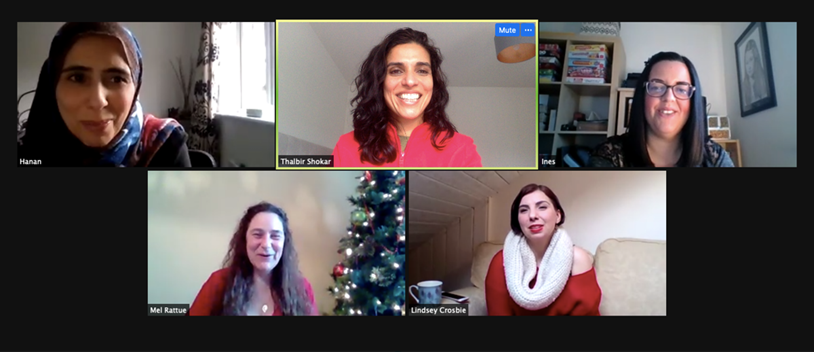
Self-care
Learn about self-care for peer leaders, promoting self-care to your group, and get our self-care suggestions.
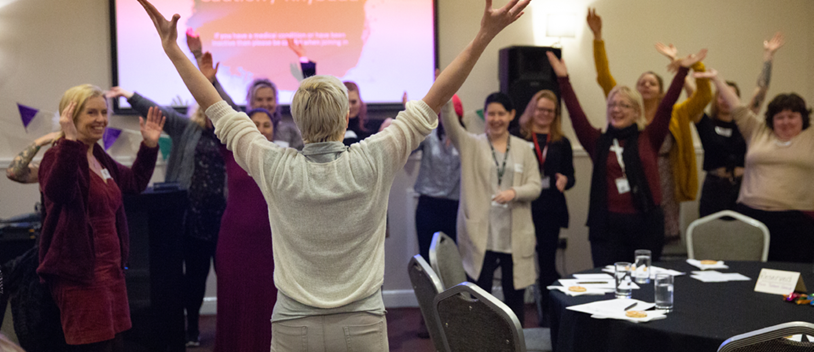
Evaluation
Learn how to address evaluation issues specific to women, and how to address barriers in peer support.
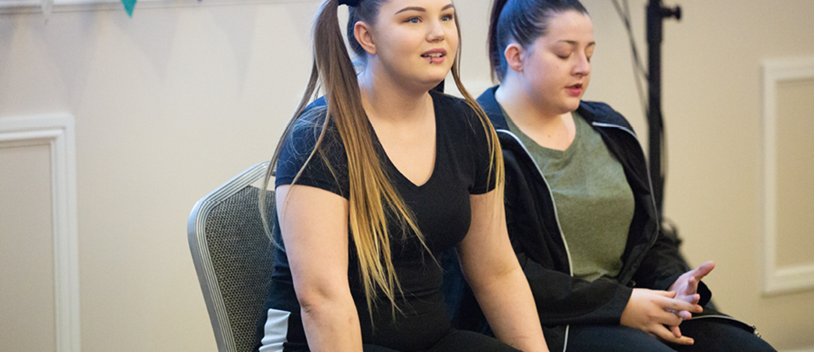
Troubleshooting
Get tips on making peer support accessible to all, managing challenging behaviour, timekeeping issues and burnout.
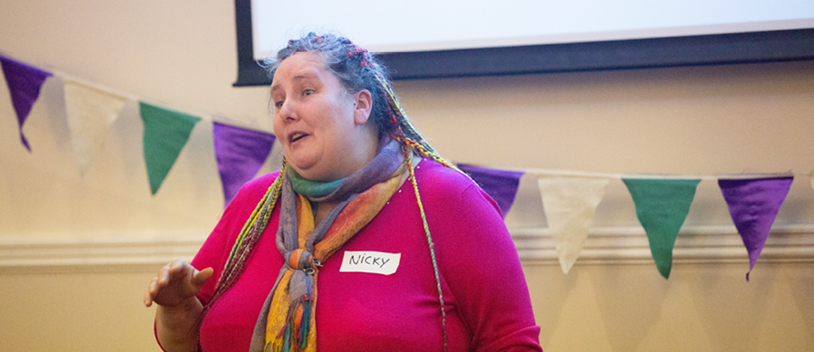
Acknowledgements
The Women's Side by Side Toolkit was co-produced with women who've had lived experience of mental health difficulties and were part of women's peer support groups. We provided leadership when creating the toolkit. We want to thank the 4 experts by experience who devoted so much time and effort. Without them, this toolkit would not be what it is.
We'd also like to show massive appreciation to the many 'critical friends' from both the women's and mental health sectors involved in the earlier drafts of this toolkit: specifically:
- Sarah Jane from Stockton and Middlesbrough Mind
- Liam Pywell at National Mind
- Nisba Ahmed, Equalities improvement leader at Mind
- Laura Wood, perinatal peer support facilitator and lived experience research consultant at Mind.
We'd like to thank our London women's hub, Against Violence and Abuse (AVA), for supporting the development of this toolkit. A special mention is due to Duncan Marshall, peer support manager at National Mind, for pulling this all together.
We'd also like to thank Premier Foods, our funders, for making this toolkit possible.









